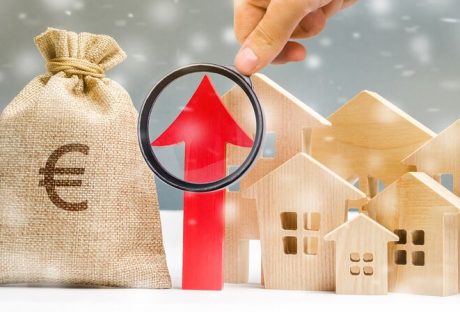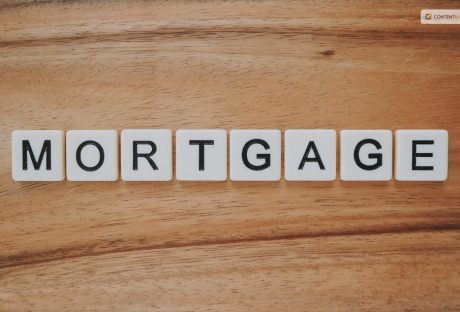Selling your home can be a pivotal moment in your life, often filled with anticipation and a fair share of anxiety. One key aspect of the selling process is the home inspection. This step can significantly influence the final sale price and the overall success of your transaction. Understanding the nuances of a home inspection and preparing your home accordingly can make a substantial difference. This article will guide you through this critical phase, ensuring you’re well-equipped to maximize your home’s value and appeal to potential buyers.
Understanding Home Inspections
A home inspection, as outlined by HomeLight, is a thorough, impartial evaluation conducted by a professional to assess various aspects of your property. This includes examining water damage, pest infestations, roof condition, electrical and plumbing systems, and structural integrity. The primary goal is to ensure the safety and habitability of the home. According to the American Society of Home Inspectors (ASHI), their Standard of Practice is a blueprint that helps inspectors focus on crucial areas ranging from exterior components to plumbing, emphasizing health, safety, and significant mechanical issues.
Critical Factors In A Home Inspection:
- Exterior Evaluation: Inspectors scrutinize the outer part of your home, including the roof, gutters, siding, and foundation, for any signs of damage or decay.
- Electrical System Check: This is a critical area, as electrical problems can be expensive to repair and pose safety risks.
- Plumbing Assessment: Ensuring adequate water flow and functioning drains are crucial to avoid future mishaps.
- Interior Inspection: This covers the kitchen, bathroom, and HVAC system, among other areas, to ensure all components are in good working condition.
Preparing For The Inspection
Orchard Blog highlights the importance of proactive preparation for your home inspection. Addressing issues beforehand not only saves money but also expedites the selling process. Creating a checklist and systematically going through each item can be immensely beneficial.
Essential Pre-Inspection Tips:
- External and Internal Inspection: Check for any visible damages or malfunctions in your home’s exterior and interior, including walls, floors, ceilings, and appliances.
- HVAC System: Ensure your HVAC system is free of rust odors and that air filters are replaced.
- Water Damage Prevention: Vigilance in detecting signs of water damage under sinks and around appliances is vital.
- Declutter: Providing easy access to all areas of your home is essential for a thorough inspection.
Timing And Legal Considerations
Choosing the best time of year to sell your house can influence the success of your sale. Market trends often dictate the optimal selling period, with some seasons attracting more buyers than others. Additionally, understanding and preparing the necessary legal documents, such as a listing agreement, is crucial. This agreement between you and your real estate agent outlines the terms of your home’s sale, including the agent’s responsibilities and commission.
The Day Of Inspection
The inspection day is your opportunity to showcase your home in the best light. Ensuring the house is empty, providing all necessary documentation, and leaving keys to access various parts of the house are best practices that facilitate a smooth inspection process.
Inspection Day Best Practices:
- Home Accessibility: Clear out personal belongings from critical areas for easy inspection.
- Document Preparation: Organize and present all relevant home documents for the inspector.
- Final Touches: Do a last-minute check to ensure everything is in order.
A home inspection is a critical step in the home selling process, offering a chance to address potential issues and improve your home’s marketability. By understanding what inspectors look for, preparing your home thoroughly, considering the best timing, and following best practices on the inspection day, you can significantly enhance your home’s appeal to potential buyers. Remember, a well-prepared home attracts more buyers and commands a better price, ultimately maximizing your home sale.
Read Also:
- Why Installing A Carport At Your Home Is A Good Idea?
- Choosing a Mortgage Broker for Your Home Loan Application
- Tired Of Seeing Your Old House? Here’s What You Need To Know























